Motivation
and Challenge
The intensive exploitation of fossil fuels by mankind brought our ecosystem to the edge of a cliff. While their increasingly serious consequences on the global climate manifest year after year, we find ourselves challenged in a worldwide effort to curb anthropogenic greenhouse gas emissions and to accelerate the green transition of modern society to a more sustainable and circular economy.
Growing pressure to reduce carbon emissions across the global economy brings a new paradigm to the aviation industry.
Air transportation is by far not only the most efficient and often convenient option for travel and shipping commodities but also the most energy-intensive one.
The air transport sector is responsible for two to three per cent of global CO2 emissions and one of the sectors particularly hard to decarbonize as a key challenge.
The efficient use of water and CO2 as a starting material to platform molecules, value-added chemicals, and fuels plays a central role to bring this vision closer to reality.
Unfortunately, conventional technologies often suffer from low selectivity and conversion while lacking energy efficiency.
Therefore, new technology solutions are required, in which the rational design of catalytic materials is a must.
This will be achieved by controlled synthesis and the unraveling of structure performance relationships both comprising the activity and the selectivity of the reaction towards molecules that are suitable as aviation fuels.
The 4AirCRAFT technology uses an innovative catalytic reactor to conduct the conversion in:
Product. Precise synthesis and high yield of jet fuel

Integration. Single cascade reactor

Mild conditions. Unprecedented low temperature

Rational design. Hybrid catalyst integration & synergetic approach

Disruptive technology. Validated at lab scale

The development of low- or net-zero emission fuels is a crucial and urgent challenge to adress.
Concept
and Approach
The 4AirCRAFT “Air Carbon Recycling for Aviation Fuel Technology” will establish a game-changer reactor technology to produce synthetic kerosene more efficient and clean in comparison with existing approaches.
Synthetic kerosene will be produced from recycled CO2, green H2 and renewable electricity to meet net-zero targets.
4AirCRAFT
Approach
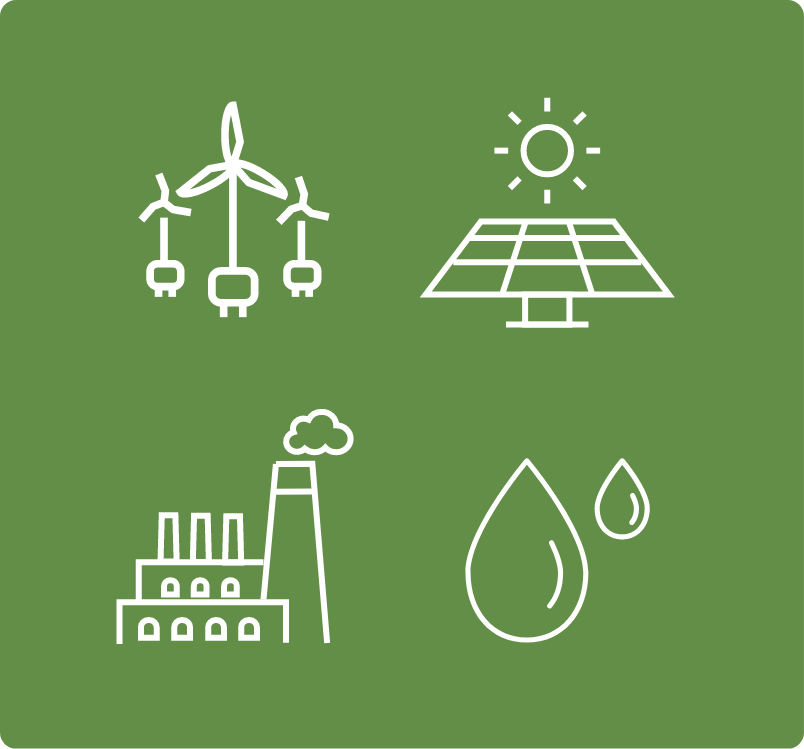
Water and carbon dioxide from biomass and industrial sources

Greener, milder and intensified liquid fuel production routes

Direct aviation use, storage and distribution in the existing infrastructures
Ambition
and Objectives
At the core of 4AirCRAFT innovation is the synergetic combination of tuned electro-, chemo- and bio-catalysts and their controlled spatial distribution within application tuned catalyst carrier structures.
This will enhance the activity of catalytic phases and materials allowing high CO2 conversion rates and selectivity towards jet fuels (C8−16). The unique process requires much less energy, potentially reducing the cost of sustainable fuel for the aviation sector.
Single Catalytic
Reactor

This project will address the challenge of combining several reactions into one cascade reactor with the aim of direct CO2 conversion, very precisely and efficiently to sustainable fuel, making large recycling streams and purification steps redundant whereas reducing energy consumption contributing to a circular economy and leading to a decrease in greenhouse gases emissions and reduced dependence on fossil-fuels.
Objectives
4AirCRAFT will develop and proof (TRL3) a flexible, energy-efficient, environmentally friendly, economically viable, and socially affordable reactor technology for the production of clean and sustainable fuel. The unique reactor technology will convert precisely and efficiently CO2 into C8-C16 hydrocarbons.
The technology might also be extrapolated to the production of other liquid fuels and chemical building blocks.
PHASE 1.
NEXT-GENERATION CATALYST
Rational design of catalyst/porous carriers. Structural, mechanistic investigations and kinetics in terms of CO2 conversion and C8-C16 selectivity.
PHASE 2.
MICRO-STRUCTURED REACTOR
Design and manufacturing of hierarchical reactor.
CFD simulation.
PHASE 3.
PROOF-OF-CONCEPT
Lab-scale experimental proof of concept, process conditions and environmental assessment.
The main goal is the process intensification by a single cascade reactor and the effective low temperature synthesis of alternative long-chain hydrocarbons from residue materials/streams and renewable feedstocks.
Research Areas:
Synthetic development of next-generation catalytic materials;
Advanced characterization (ex situ, in situ, operando);
Catalytic assessment in terms of CO2 conversion and C8-C16 selectivity;
Mechanistic investigations encompassing modeling;
Overall synergetic integration of the components and technical feasibility of the unique reactor technology including environmental assessment.
We believe that the success of our project will enable a paradigm-shift in the field of alternative renewable fuels, where the 4AirCRAFT technology will allow lower costs and pollution, while leading to a positive economic and environmental impact worldwide.
Impact
4This project addresses the European Green Deal as well as the 2030 Agenda for Sustainable Development Goals (SDGs) adopted by the United Nations (UN), in which is performed Goal 13 “Climate Action”, Goal 7 “Renewable energy”, and Goal 9 “Innovation and infrastructure”.
4AirCRAFT aspires to obtain a new technology capable of producing sustainable high-density fuels, from waste and renewable feedstocks and sources. For this purpose, it is developed a single cascade reactor based on the synergestic combination of different reactions, without the need to add any purification step.
The general expected results are:
An increase in the conversion of CO2 compared to conventional technologies.

Enhancing the catalytic activity and stability.
Minimization of the production of shorter chain hydrocarbons.
High-selectivity for obtaining long chain hydrocarbons.

